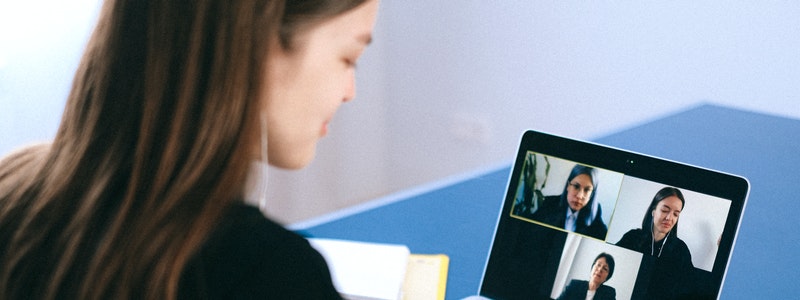Since the spread of the Coronavirus, Zoom has become a widely-used platform for holding online lessons and business meetings.
The US Federal Bureau of Investigation (FBI) warns of an increasing threat known as Zoom-bombing in which bad-wishing actors join Zoom video conferences with the intent of disrupting them or for pulling off pranks.
“The FBI has received multiple reports of conferences being disrupted by pornographic and/or hate images and threatening language,” the FBI’s Boston Division warning says.
There has been a series of reports from various local schools in the Boston area that show the new trend is picking up.
“As large numbers of people turn to video-teleconferencing (VTC) platforms to stay connected in the wake of the COVID-19 crisis, reports of VTC hijacking (also called ‘Zoom-bombing’) are emerging nationwide,” the FBI alert added.
In late March 2020, a Massachusetts-based high school reported to the FBI that an unidentified individual(s) joined a Zoom classroom and started yelling profanitiesand and disrupted the learning process.
In another incident, an individual joined a Zoom classroom and displayed swastika tattoos.
The FBI advised those who organize online video conferences in Zoom to take certain measures to such disruption, including:
• Make a meeting private by requiring a password or using the waiting room feature;
• In screen-sharing options in Zoom, change screen sharing to “Host Only;”
• Abstain from sharing Zoom links publicly, instead share the link to people directly;
• Keep Zoom updated and educate your audience about this.
FBI advises zoom-bombing victims to report any incidents via the FBI’s Internet Crime Complaint Center.
In its turn, Zoom developers try to timely address the challenges presented by the new disruptive trend. In a recent security update, Zoom added password protection by default for meetings and disabled the feature where anyone could join meetings. Zoom patched a vulnerability that allowed attackers to find and join unprotected Zoom meetings.







